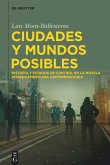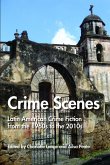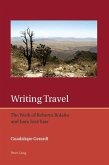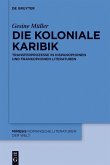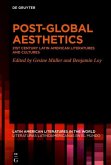A critical examination of Latin American urban novels from the 2000s highlights a growing trend to view the present and depict the future in a negative and destructive light. This book studies 10 fictions that bring together transgressive, violent, prospective, and sociopolitical aesthetics:
Piedras encantadas (2001), by Rodrigo Rey Rosa (Guatemala);
Angosta (2003), by Héctor Abad (Colombia);
El cerco de Bogotá (2003), by Santiago Gamboa (Colombia);
Insensatez (2004), by Horacio Castellanos (Honduras);
Nocturama (2006), by Ana Torres (Venezuela);
Averno (2006), by Gabriel Jiménez (Venezuela);
La última vez (2007), by Héctor Bujanda (Venezuela);
El sueño de Mariana (2008), by Jorge Galán (El Salvador);
El cielo llora por mí (2008), by Sergio Ramírez (Nicaragua), and
Bajo tierra 2008), by Gustavo Valle (Venezuela).
The analysis of the corpus allows us to identify the thematic evolution of the violent city, the infernal city, the dystopian city, the post-revolutionary city and the algorithmic city, as well as their corresponding forms and writing strategies, which could constitute the articulation of some possible worlds.
Dieser Download kann aus rechtlichen Gründen nur mit Rechnungsadresse in A, B, BG, CY, CZ, D, DK, EW, E, FIN, F, GR, HR, H, IRL, I, LT, L, LR, M, NL, PL, P, R, S, SLO, SK ausgeliefert werden.



